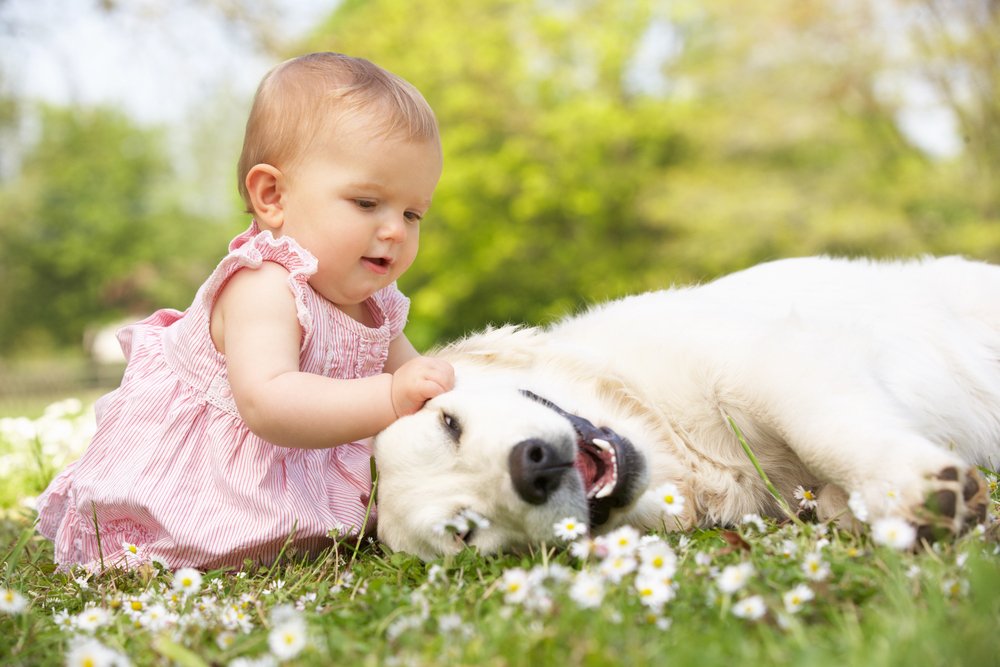Dogs are often referred to as man’s best friend for their loyalty and companionship. However, they are also emotionally intelligent animals capable of experiencing a range of emotions, including jealousy. When a new baby arrives in the household, it’s not uncommon for dogs to feel a shift in attention and resources, leading to signs of jealousy. But how can you tell if your dog is jealous of the new baby, and what can you do about it? Here, we’ll explore eight signs that indicate jealousy and provide practical solutions.
Change in Behavior
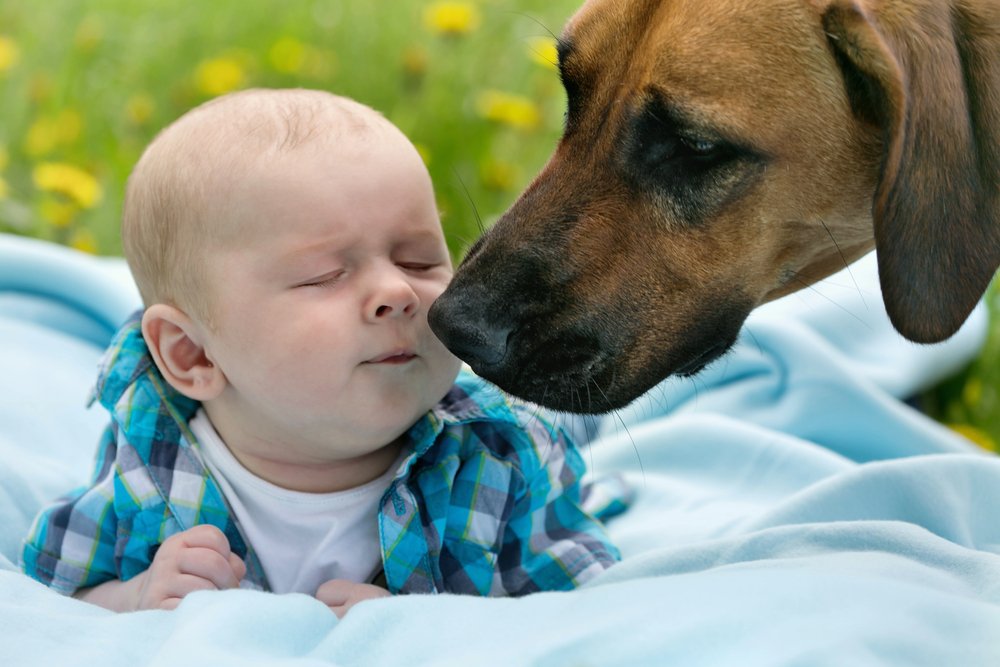
Dogs are creatures of habit. When a baby arrives, the routine they were accustomed to might be disrupted. If your dog starts behaving differently—becoming more clingy, withdrawn, or overly aggressive—this could be a sign of jealousy. It’s essential to observe these behavioral changes and consider them in the context of the new addition to your family.
Attention-Seeking Actions

One of the most common signs of jealousy in dogs is seeking attention in disruptive ways. This might include barking excessively, pawing at you, or even performing tricks out of context to gain your attention. These actions are their way of saying, “Look at me!” Ensuring your dog receives enough attention even with a baby in the house can help mitigate this behavior.
Possessiveness Over Toys or Space

If your dog becomes unusually possessive over their toys, bedding, or even specific areas of the house, this can be a sign of jealousy. They might growl or snap if the baby comes close to their cherished possessions. It’s important to address this possessiveness early on by reinforcing your dog’s boundaries and teaching them to share space in a positive way.
Reversion to Old Habits

Sometimes, a jealous dog will regress to puppy-like behaviors, such as urinating indoors or chewing on furniture. This reversion can be distressing for pet owners, but it’s a sign that your dog is feeling insecure and wants reassurance. Reinforce good behavior with positive training techniques while being patient with their temporary lapses.
Depression or Withdrawal
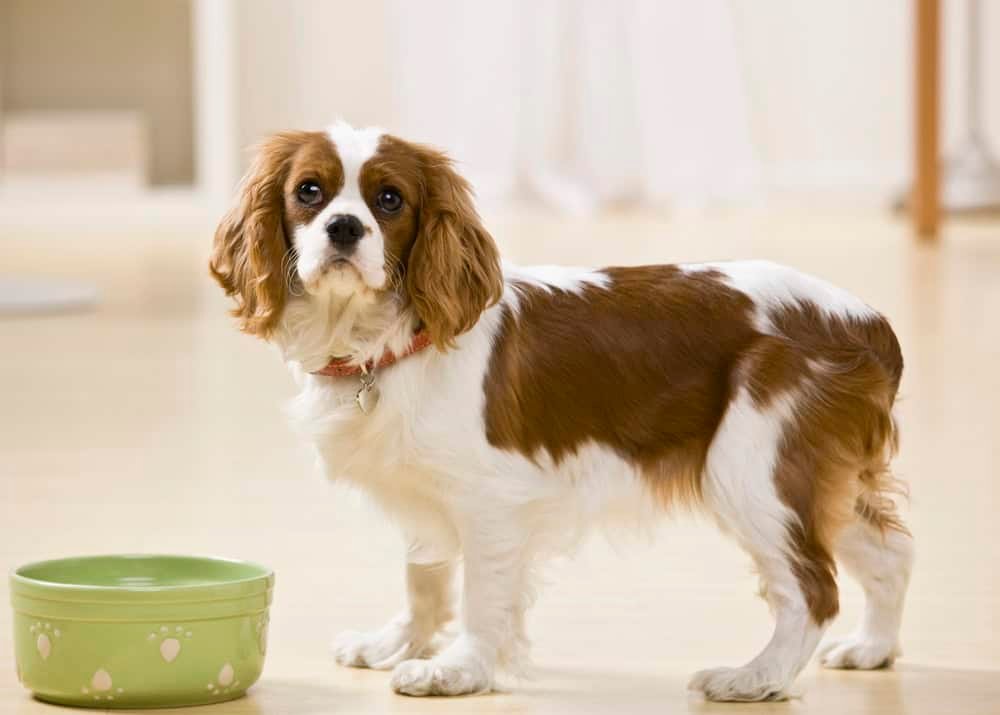
Not all dogs will act out. Some may internalize their jealousy, leading to signs of depression. Symptoms can include a lack of interest in food, toys, or even in interacting with humans. This withdrawal can be as significant as overt behaviors and should be addressed with care. Consider consulting with a veterinarian or a pet behavioral specialist to determine the best course of action.
Overly Protective Behavior
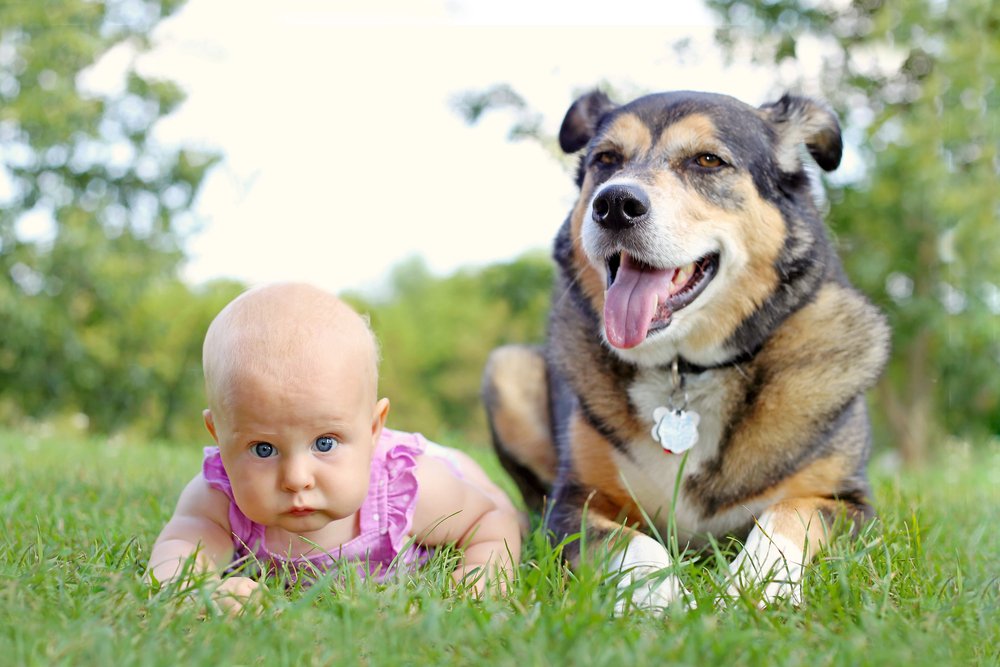
In some cases, dogs may become overly protective of the new baby, which might seem positive but can lead to issues. A dog that follows the baby everywhere might bark at anyone who comes close, including other family members. While this protective instinct is natural, it’s crucial to ensure your dog understands when its behavior is unnecessary.
Excessive Licking or Nipping at the Baby
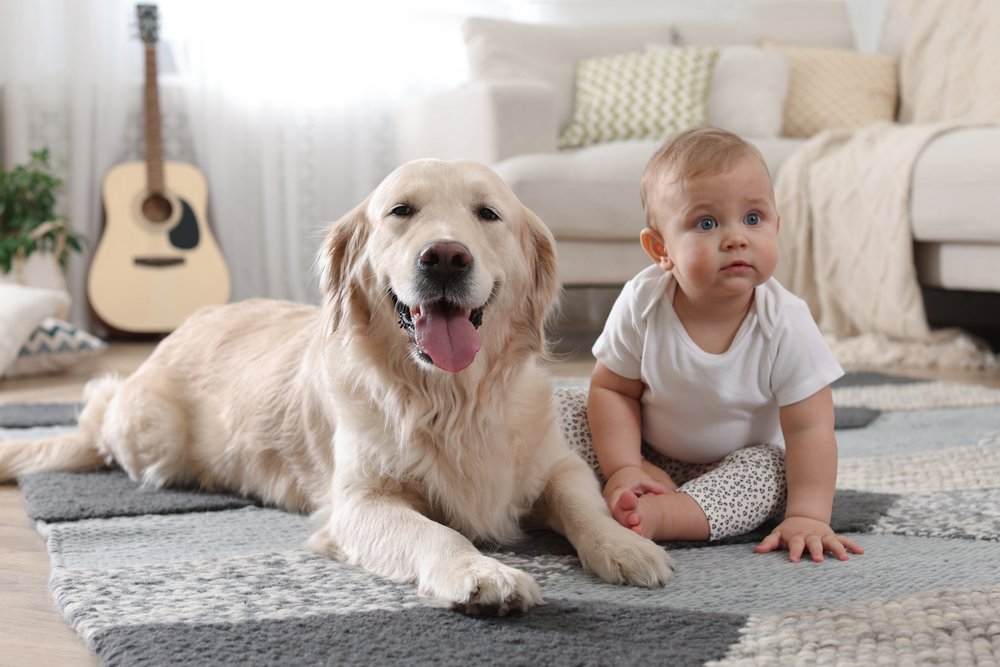
Dogs that are jealous may express it by obsessively licking the baby or engaging in gentle nipping. While this might appear as grooming or playful behavior, it can be a sign of discomfort. Redirect your dog’s focus when it becomes too intense by providing distractions or guiding them away from the baby gently.
How to Address Your Dog’s Jealousy

Now that you’re familiar with the signs, addressing your dog’s jealousy involves understanding and action. Maintain your dog’s routine as much as possible, and ensure they get sufficient attention, walks, and playtime. Introduce the baby slowly to the dog, supervised and in a controlled manner, so the dog can familiarize itself with the new smells and sounds. Positive reinforcement through treats and praise when your dog behaves well around the baby is effective. Finally, consider professional training if issues persist, as a specialist can offer tailored strategies for your household dynamics.
By recognizing and addressing these signs early, you can ensure a harmonious relationship between your pet and your new family member, creating a safe and loving environment for everyone involved.

Andrew Alpin from India is the Brand Manager of Doggo digest. Andrew is an experienced content specialist and social media manager with a passion for writing. His forte includes health and wellness, Travel, Animals, and Nature. A nature nomad, Andrew is obsessed with mountains and loves high-altitude trekking. He has been on several Himalayan treks in India including the Everest Base Camp in Nepal.

